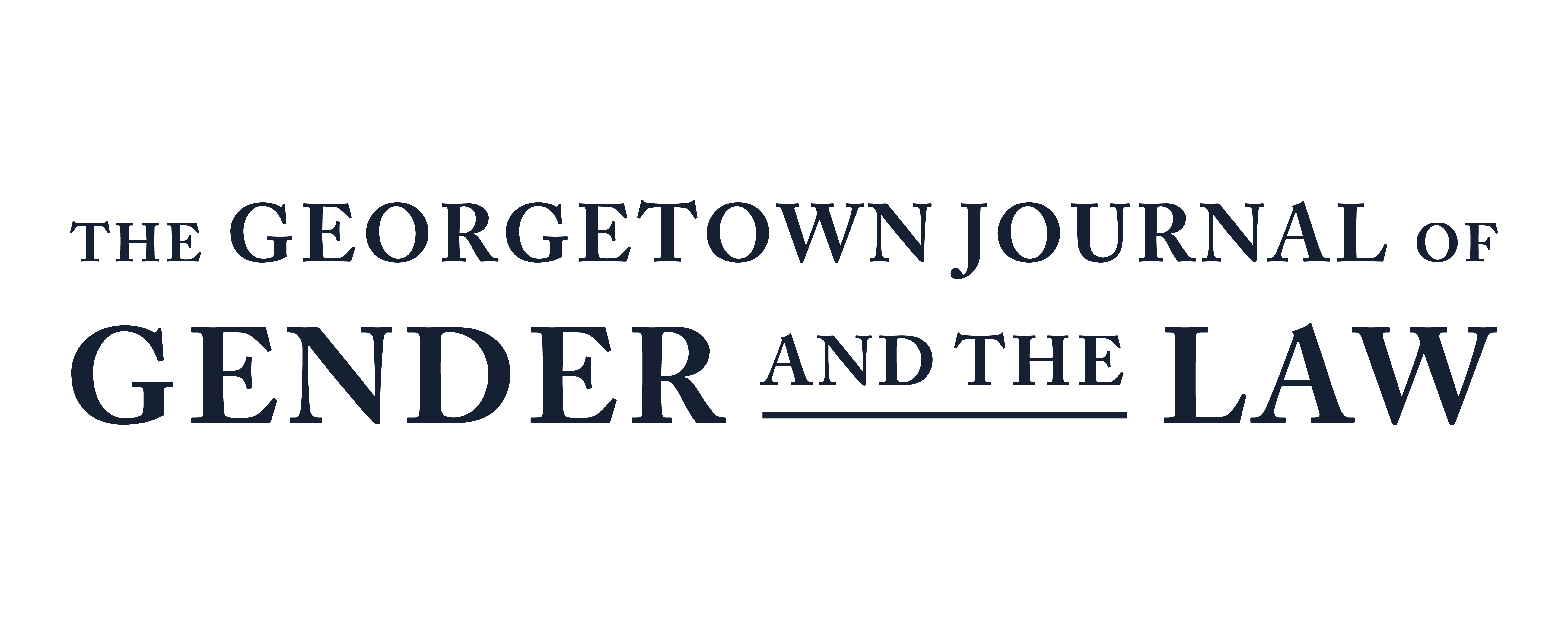Fair Trade for Women, At Last: Using a Sanctions Framework to Enforce Gender Equality Rights in Multilateral Trade Agreements
The idea that international trade agreements should endeavor to enhance human rights principles, rather than to simply maximize economic efficiency, has recently been embraced by major world powers. During the 2017-2018 North American Free Trade Agreement renegotiations, the Canadian government championed the inclusion of a “gender chapter” in the revamped trilateral agreement–an extraordinary step that would commit the trade bloc to prioritizing gender equality in its long-term economic development goals. This proposal did not gain traction, with critics arguing that such commitments should be left to the realm of international human rights agreements. This siloed approach, however, ignores the reality that international trade has a direct and differential impact on gender.
This Note examines how international trade agreements can and should promote women’s equality. First, it discusses the role that women play in labor markets and the trade conditions that promote their economic development. Second, it provides an overview of the international law on gender discrimination, focusing on the obligations of World Trade Organization (WTO) and North American Free Trade Agreement (NAFTA) members, as well as the domestic obligations of NAFTA countries. It finds that, while countries and multilateral groups have continuously pledged to abide by gender-inclusive trade standards, there is little incentive for members to comply if there is no enforcement forum available for aggrieved parties.
This Note then posits that gender equality principles can be made enforce-able within trade agreements. It proposes language that would commit members of multilateral trade organizations to promoting these principles. It then examines how the use of targeted sanctions can encourage compliance with gender provisions, using the Magnitsky Act as a frame of reference. It concludes that multilateral trade groups should work to promote inclusive economic growth in a way that provides recourse for egregious violations of recognized gender principles–at last, ensuring that women are not left behind in the economic world order.
Continue Reading Fair Trade for Women, At Last
Subscribe to GJGL
